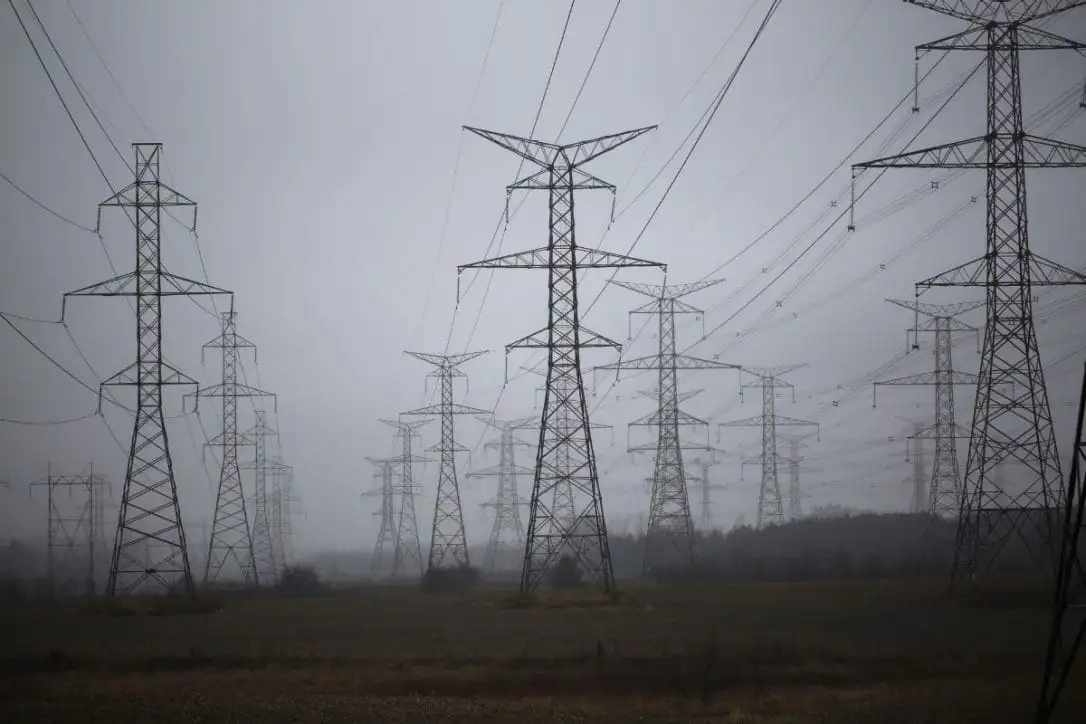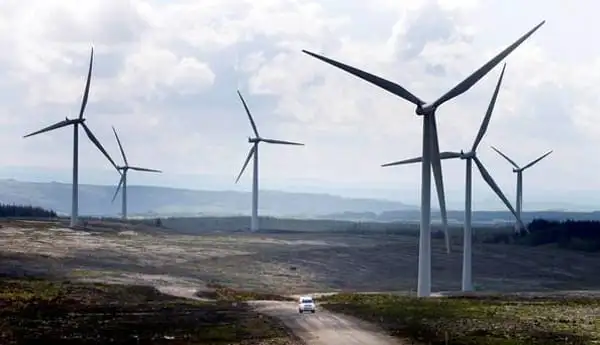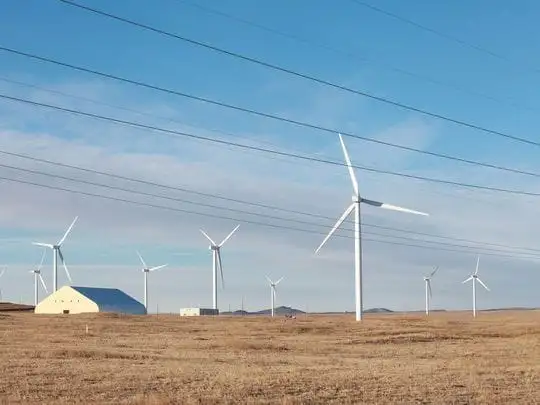Wynne defends 25% hydro rate cut:

NFPA 70e Training - Arc Flash
Our customized live online or in‑person group training can be delivered to your staff at your location.

- Live Online
- 6 hours Instructor-led
- Group Training Available
Ontario Hydro Rate Cuts address soaring electricity prices, lowering hydro bills via refinancing, FAO-reviewed costs, and long-term infrastructure investment, balancing ratepayer relief with a projected $21 billion net expense over 30 years.
Key Points
Ontario electricity bill relief spreading infrastructure and green energy costs over 30 years via refinancing.
✅ 25% average bill cut; $156 to $123 per month
✅ FAO projects $21B net cost over 30 years
✅ Costs shifted to long-term debt, infrastructure, green energy
Premier Kathleen Wynne is making no apologies for the Liberals’ 25 per cent hydro rate cuts, legislation to lower electricity rates that a legislative watchdog warns will cost at least $21 billion over three decades.
In the wake of Financial Accountability Officer Stephen LeClair’s report on the “Fair Hydro Plan,” Wynne emphasized that Ontario electricity consumers demanded and deserved relief.
“You all read the newspaper, you listen to the radio and you watch television — you know the problems that families are having around the province paying for their electricity costs,” the premier told reporters Thursday in Timmins.
That’s why the government moved forward with a rate cut, with recent Hydro One reconnections underscoring the stakes, that will see the average household’s monthly hydro bill drop from $156 to $123 once it fully takes effect next month.
In a 15-page report released Wednesday, the financial accountability officer estimated the initiative would cost the province $45 billion over the next 29 years amid a cabinet warning on prices that electricity costs could soar, while saving ratepayers $24 billion for a next expense of $21 billion.
Both the Progressive Conservatives and the New Democrats oppose the Liberal rate cut, arguing that a deal with Quebec would not lower hydro bills.
But Wynne said the government has in effect renegotiated a mortgage so it will bankroll hydro infrastructure improvements over a longer time period, though some have urged the next government to scrap the Fair Hydro Plan and review options, in order to give customers a break now.
“We’re talking about a 30-year window here. It took at least 30 years, probably 40 years, to let the electricity system degrade to the stage that it had in 2003,” she said, noting “we were having blackouts and brownouts around the province” before her party took office that year.
“There were thousands of kilometres of line that needed to be rebuilt . . . that work hadn’t been done over those generations, so electricity costs were low over that period of time but the work wasn’t being done.”
When her predecessor Dalton McGuinty came to power in 2003, Wynne said Queen’s Park began spending billions on infrastructure improvements, including expensive subsidies for green energy, such as wind turbines and solar panels.
“There’s a lot of work that has been done since then. Literally thousands of kilometres of line have been rebuilt. The coal-fired plants have been shut down. The air is cleaner. There’s less pollution in the air. The system is reliable and renewable,” she said.
“So there’s a cost associated with that and what was happening was that was work that had to be done — and all of those costs were on the shoulders of people today.”
Wynne noted “this electricity grid is an asset that is going to be used for generations to come.”
“My grandchildren are going to benefit from this asset, so I think it’s fair that we spread the cost of that over that 30-year period,” she said.
“That’s how we made this decision.”











